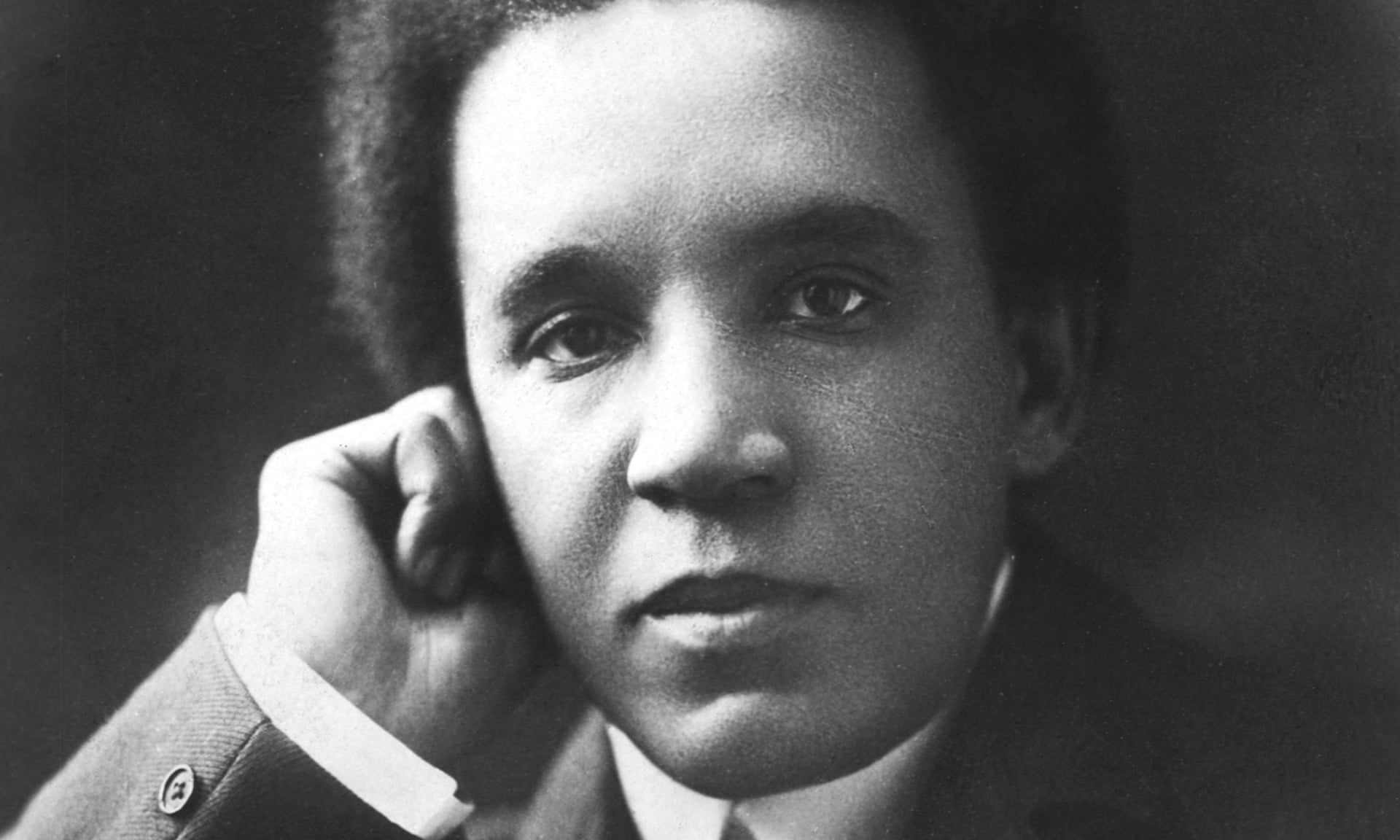How art can disrupt our ideas and identities
news@Northeastern
Northeastern University, Boston, Massachusetts
2015-09-23
Thea Singer
Artist Favianna Rodriguez makes bold, sparkling works that light up a room even as they reveal dark cultural inequities.
She is known for her activism and political posters addressing issues such as racism, women’s rights, displacement, and climate change. Now, for the first time, her abstract prints—multilayered collages of vibrant colors and reverberating shapes—are on display: 27 of them line the walls in Northeastern’s Gallery 360 in an exhibit called “The Multiverse of Identity” as she begins her weeklong stint at Northeastern as artist in residence. The exhibit opened ealier this month and runs through mid-December.
Rodriguez will be talking about her vision of art as both an agent of social change and individual narrative on Wednesday, Sept. 23, at 6 p.m., in Blackman Auditorium…
…Her process
Rodriguez’s process for making her abstract works—intaglio printing, using an etching plate—is “very, very elaborate.” Each piece takes months. To start, she applies ink to create texture on multiple sheets of Japanese paper, producing a “library of colors.” “I think of the practice as creating the container in which I’m going to play,” she says. She then cuts the paper into shapes—now spikey, now undulating—and arranges them in a “playful way.” “The arranging—repeating shapes, refining them—is what gives each piece its own character,” she says.
The colors smack you in the face. “For me, color is about possibility,” she says. It characterizes both her art and her commitment to breaking apart assumptions—for herself, for all of us. “I don’t like when people put me in the woman box or the Latina box or the political artist box,” she says. “That limits who I am as an individual. I want to instead embrace the possibility of who I can be. That’s where ultimate freedom is.”…
Read the entire article here.

